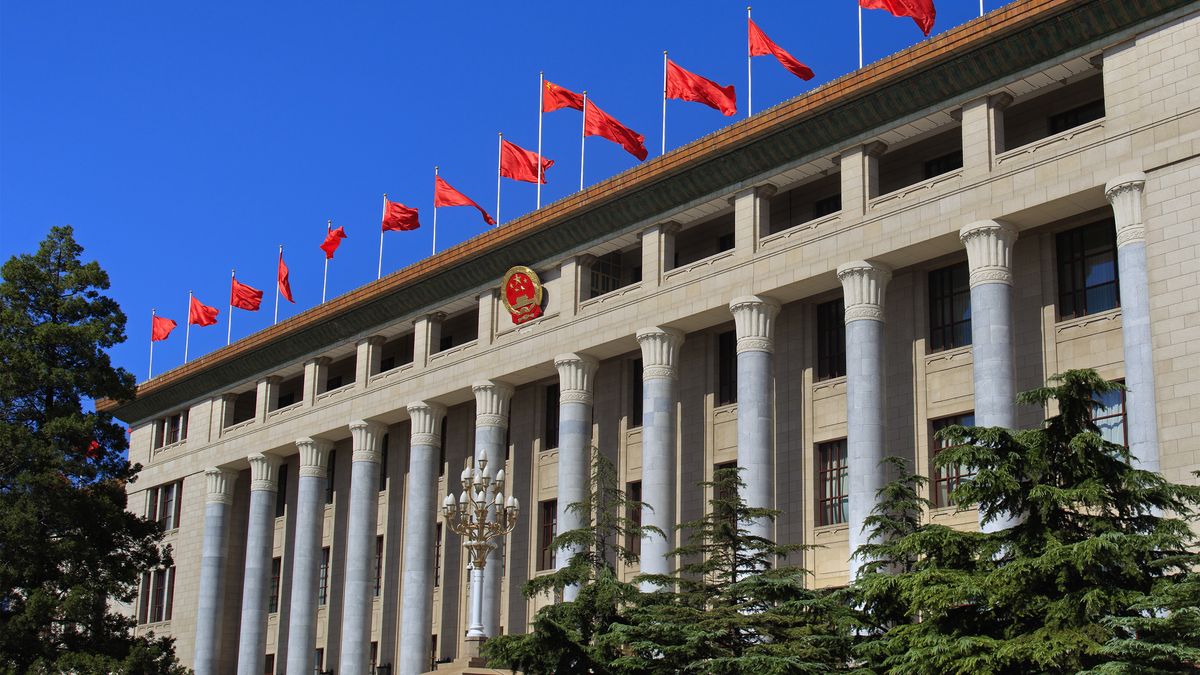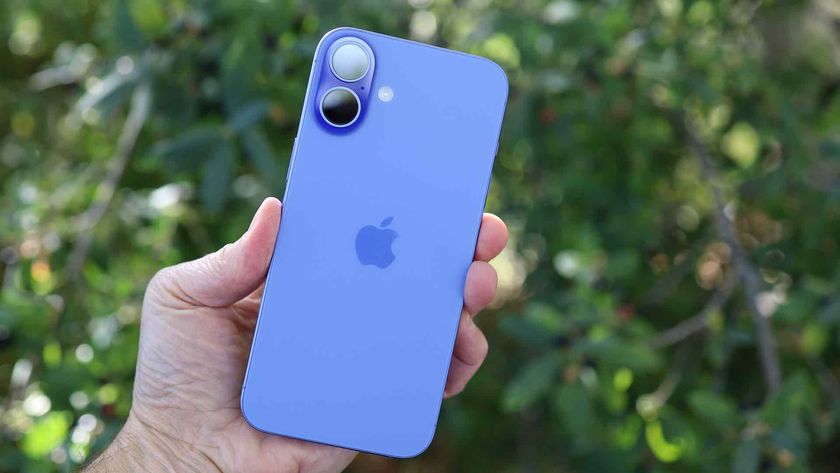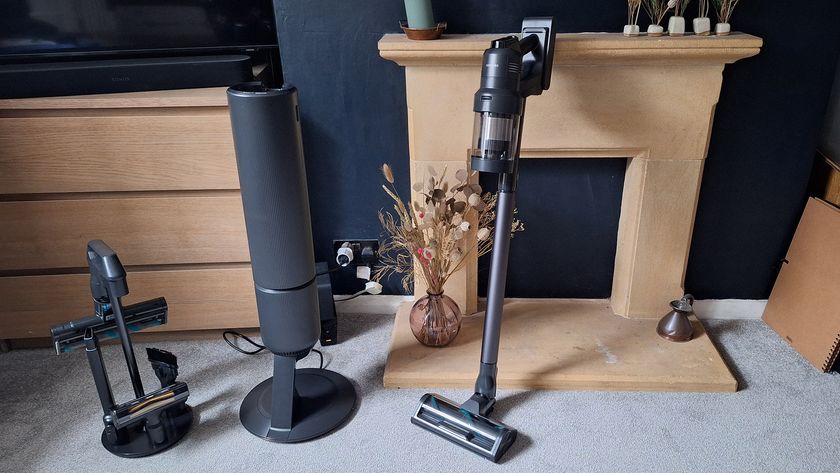Lithuania Chinese phones controversy explained, and how it impacts you
A censorship furore

The Lithuanian government recently advised its citizens to stop using Chinese smartphones, and the call made to the country's 2.7 million citizens has been picked up by global news outlets.
If you've seen a few headlines, or read only one or two of the divergent news stories on the topic, you might be confused as to what's actually happened, and what this could mean for you as a consumer.
That's why we've put together this explainer on the controversy. You can read our initial coverage of the news here, but read on for a simple guide that breaks down what's happened, and what it means.
What's the actual news
The Lithuanian government put out a report about several Chinese phones it tested from companies like Xiaomi, OnePlus and Huawei, regarding their security.
According to the report, OnePlus phones were okay security-wise, while the main issue with Huawei phones was the presence of easy-to-download malicious apps on the platform, with not enough oversight to protect users. The bigger issues were with Xiaomi phones.

According to the report, Xiaomi phones had the ability to censor key terms typed into them, including 'democracy movement' and 'free Tibet'.
This censorship function was apparently turned off in the Lithuanian government tests, due to the handsets being based in the European Union, but it was able to be turned on remotely.
Get daily insight, inspiration and deals in your inbox
Sign up for breaking news, reviews, opinion, top tech deals, and more.
Both Xiaomi and Huawei have denied the claims made by the Lithuanian government, which has urged its citizens to buy non-Chinese phones.
What's not the news
The report, and other reporting around the issue, includes several claims that remain unsubstantiated.
The Lithuanian report makes no claim of user data being sent from Chinese phones to the Chinese government. That's a claim frequently made regarding Chinese phones, and if it's true then it's clearly a big potential security risk, but it's yet to be proven.
Furthermore, there's no mention in the report of the many other Chinese phone companies which operate in the west, including ZTE, Lenovo, Oppo, Realme, Vivo and Honor.
It's worth pointing out, though, that the report examined phones that were new when Honor was still a subsidiary of Huawei, while Oppo, Realme and Vivo are all owned by the same parent company as OnePlus, so it's possible the report combined these brands' phones.

The report only looked at handful of specific phones – in particular, the Xiaomi Mi 10T Pro, Huawei P40 and OnePlus 8T are mentioned, and it's not clear if the Lithuanian government tested other devices from the brands.
That said, these phones all run each brand's standard software, so any security flaw or censorship issue would likely not be exclusive to that device.
What does this mean for you?
The Lithuanian government urging its citizens to throw away Chinese smartphones could be seen as hyperbolic – no data compromises were detected, and only one brand had software features that could be understood as intentional malice.
So if you don't have a Xiaomi phone, this means absolutely nothing to you.
If you do own a Xiaomi phone, then the situation is less clear. It's not exactly sure where the censorship block is in effect: it could be purely if your phone is in China, or using the Chinese-language keyboard, but it's possible it works everywhere outside the EU.
Either way, unless you're talking about topics the Chinese government wouldn't be happy about, including Taiwan or Tibet independence, this shouldn't effect you either. And if you that you are affected, simply changing the search term or deliberately misspelling words could be ways to get around the issue.
The bigger picture

It's very easy to think 'well, I don't own a Xiaomi phone' and assume that this is isn't a problem. That said, this does speak to a larger concern you should be aware of.
If the report is true, big tech companies can keep their finger on the pulse of what we're talking about. Even if they can't literally read our texts, some can embed features in software that can read what phone users are writing and searching for, and triggers functions accordingly.
This can be as simple as innocuous as analyzing your Tweet 'I'm really hungry for some halloumi fries" and feeding you an Uber Eats advert for halloumi fries, or as nefarious as analyzing your texts for political dissent and censoring them.
When data can also be used to monitor and control citizens, a dangerous precedent is being set, and whatever boundaries currently exist could be pushed further as time goes on.
And the proliferation of tech in our everyday lives means it's hard to escape this problem – especially when, as consumers, we're buying into more than just a gadget.
We can't say "I don't want a corporation or government using my data, so I won't use a phone", as then you're effectively blocking yourself off from myriad other tools and functions too.
So what's the solution? No one is sure. While the Lithuanian government's report may not affect you right now, it's another interesting twist in our sometimes problematic relationship with technology, and with the companies that make it.
- For more tech news sign up to the TechRadar newsletter

Tom Bedford joined TechRadar in early 2019 as a staff writer, and left the team as deputy phones editor in late 2022 to work for entertainment site (and TR sister-site) What To Watch. He continues to contribute on a freelance basis for several sections including phones, audio and fitness.












